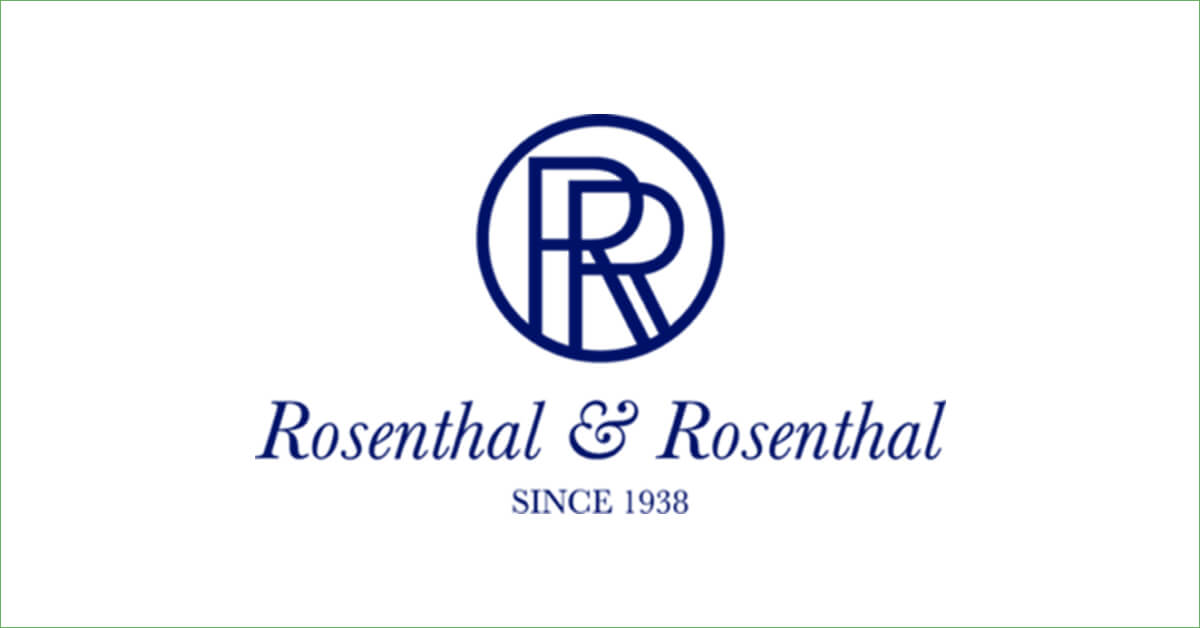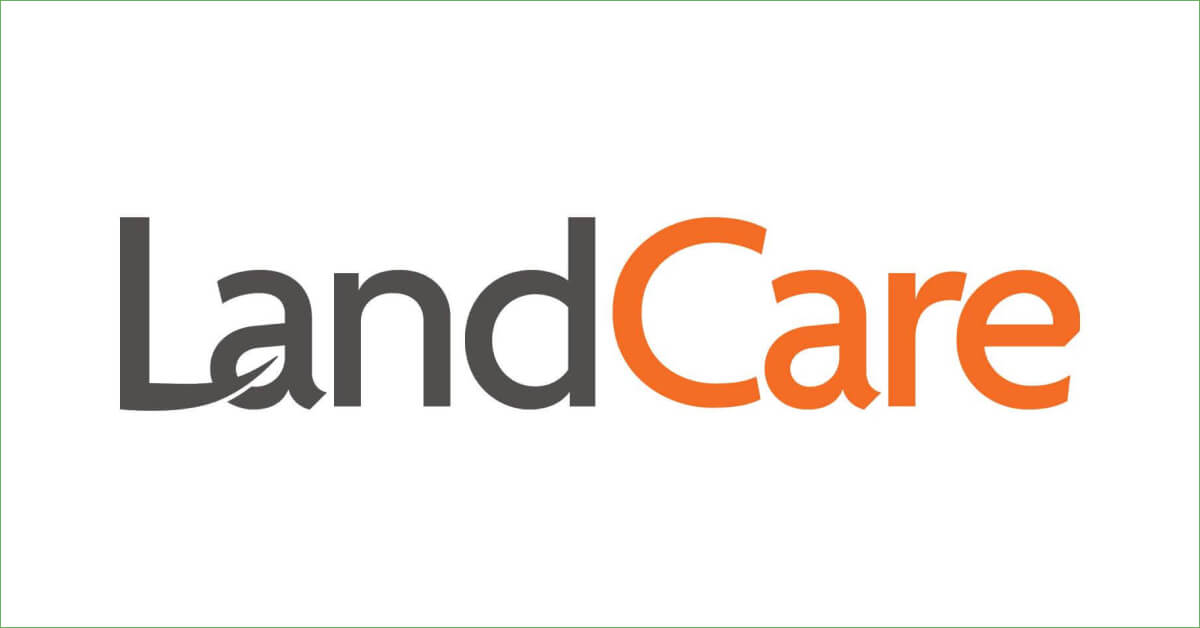In the current dynamic business world, consumer demands keep on changing. Customers demand more and improved services that add value to their lives every day. The traditional supply chain model of leveraging in-house operations has proven costly and less productive.
Timely distribution and delivery of products to the end-user is critical and has become a business imperative to ensure small eCommerce businesses remain competitive. That’s why many companies choose to partner with third-party logistics (3PL) companies to streamline their shipping processes while operating on a shoestring. But as a 3PL company, are you always watchful about freight invoice processing when shipping products from point A to B? Are there any hidden costs in your freight audit that you need to be aware of?
Many Fortune 500 companies transitioning to eCommerce and omnichannel fulfillment leverage the growth opportunities that 3PLs provide. According to a 2017 report by Armstrong & Associates, 90% of Fortune 500 companies use 3PLs for their supply chain functions. Many of these companies operate in the technology, automotive, retail and food sectors, and they outsource logistics solutions for warehouse management, transportation management, and value-added services.
The Hidden Costs in Freight Invoice Processing
With federal regulations, such as the 2002 Sarbanes-Oxley Act and new internal control policies, your 3PL auditing and payment department operates within the confines of the law and industry standards. Although you pay freight bills regularly (and may not find the need to assess your freight invoice processing), the complicated nature of the freight billing process can present significant challenges to your accounts payable. It can also be too much for your auditing software to handle. That opens loopholes for hidden costs to go undetected, leading to high costs.
The following are some circumstances that lead to hidden charges that third-party shippers pay without being aware.
Carrier-Generated Bills
The recommended freight billing practice is to validate invoices at the shipment stage, but unfortunately, these invoices are often billed in aggregate. Sometimes a single freight may have multiple purchase orders. Without the systems and ability to dig deeper into the information contained in the invoices at the aggregate level, it becomes challenging to counter-check and validate the invoices.
Additionally, it limits a shipper’s ability to accurately determine the total costs incurred on a shipment and allocate these charges to multiple costs centers. That means a 3PL pays more than they should for freights without really identifying hidden expenses at the aggregate level.
Delayed Invoices and Support Papers
Usually, a 3PL’s accounts payable department processes freight bills once it receives them. Many shipping companies lack efficient systems to match freight bills to other documents, meaning internal auditors handle the job manually. Delayed or missing freight invoices and support documents means the invoices get cleared late, resulting in late fees from the carrier. That negatively impacts future negotiated costs by as much as 3%; Besides, the carrier might charge interest for late invoices due to failure to meet the terms of the deal.
Erratic Freight Bills Due to Limited Audit Capabilities
Did you know that 5% of freight invoices contain errors and inaccuracies? Shipment delays, re-routing, re-classification, penalties, and accessorials are some of the common reasons that cause errors in freight auditing. Any of the aforementioned actions require changes in a carrier’s bill.
Suppose a 3PL partners with multiple carriers; in that case, they’ll have separate rate contracts with each carrier. Most in-house audit and payment processing systems lack the technology and electronics needed to monitor and validate these bills. Such deficiency can be a huge drawback in the auditing process and the company’s finances. When rate errors go undetected, a shipper may be overcharged an average of 3%-5% of the total invoice.
Automation as a Growth Strategy
3PL companies must differentiate their services to offer value to their customers and expand their operations to satisfy and ensure the growth of their customers’ businesses. In that pursuit, many 3PLs previously would outsource various solutions to help them create, build, and improve the shipping solutions they offer to their clients. Now with automation available, eschewing labor costs and avoiding errors is easier than ever. By partnering with freight audit and payment experts, 3PLs can experience quality invoicing services with low investment, enabling them to better utilize the limited resources for future growth.
Below are some of the top benefits 3PLs enjoy by leveraging automation to audit and process freight bills.
Cost-Saving Opportunities
Technological advancements in freight invoicing allow for automated auditing services, which has rendered manual processing obsolete and impractical. That enables 3PL shippers to make significant savings in the bottom line. With in-house freight auditing processes, shippers release invoices with an error rate of about 1.5% to 2%, especially in ground transportation and international freight.
Many 3PL companies lack the resources to set up a consistent and efficient auditing process, limiting their ability to identify errors. Keep in mind that a single-digit error may mean the loss of thousands of dollars. An automation solution for your freight audit scrubs invoices for errors, ensuring your company always pays the correct amount. As a result, shippers save money.
Enhanced Productivity
Auditing your freight invoices manually is a complex and labor-intensive process because there’s a lot of information to counter-check. In most cases, logistics managers are compelled to leave their work to help the accounts payable department to handle the work, which “eats up” their valuable time – time that they could otherwise use for managing freight operations.
Now with software developed to simplify the tasks of processing and auditing freight bills the resources needed to handle audits is minimal. They provide third-party logistics companies access to seasoned auditors who know the areas most plagued by errors and can handle exceptions on their behalf. Additionally, a freight invoice processing company eliminates the need to use internal resources to handle the job, freeing up your team to focus on other essential tasks. Besides, your team will see the value of outsourcing payment and auditing services as it leaves them to run a leaner, stronger, and more efficient supply chain.
Improved Visibility; Compliance-Adherent Auditing Practices
The quality of your invoicing data affects your overall business outcome. When processing invoices, using inaccurate data means you waste money, time, and opportunities, which ultimately hurt your business’s efficiency and financial goals.
A third-party P/A company is dedicated to ensuring data accuracy in its freight audit process combined with deep expertise in deploying robust systems and electronics solutions for transportation. In return, they report the data and information captured in your business back to you using intelligent business tools. Consequently, you get all the information you need to make informed choices on your freight carrier, transportation modes, and routing. It also aids in implementing strategies in pricing, delivery option, and other aspects, such as optimal siting of distribution centers.
Additionally, having your invoices processed by independent freight bill audit companies strengthens your compliance with local and international freight regulations, thus preventing fraud, infringements, and sanctions.



















